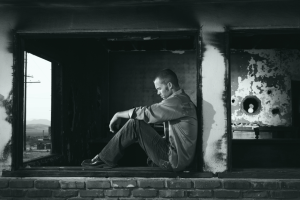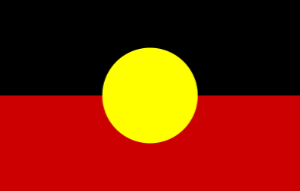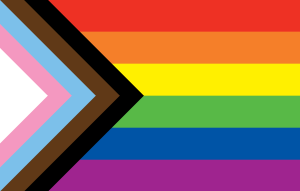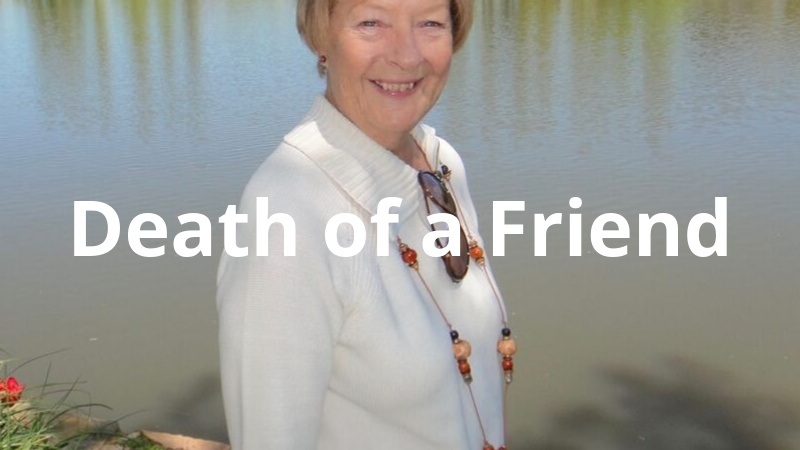Death of a Friend
When Ann, my very dear friend and colleague, died in August 2018, she left a space in my heart that belongs to her alone. We shared confidences, safe in the knowledge that each could be trusted. We comforted each other in grief, rejoiced with each other when we achieved goals, and shared all that we were without fear of judgement, trusting that we always wanted the best for each other.
Our relationship, honest and unflinching, sometimes involved feedback that took our breath away and stopped each of us in our tracks. We challenged each other’s thoughts and behaviour at these times, and, undefended, felt an initial ‘sting’ as truthful words hit home. When the sting quickly subsided, we valued and trusted these stimulating opportunities for personal growth.
Ann was unique. Her hugs and her words warmed the heart and soul of everyone she cared about. Memories of her do that for me still. Her photo sits on my desk as I work and I only have to look at her lovely image to imagine the sound of her voice and remember and value all that she was.
Disenfranchised Grief
An article in Canberra City News on May the 30th this year, quotes from research done by Dr. Wai-Man Liu at ANU. “The trauma caused by the death of a close friend endures four times longer than previously believed.” The study of 9,586 people who had experienced the death of a close friend found that they experienced a significant decline in physical health, mental health, emotional stability and social life up to at least four years after the death. Previous studies suggested that the grieving period lasted for around 12 months.
“These findings raise serious concerns with the way we manage the recovery for people dealing with the loss of a close friend.” said Dr. Liu.
“We all know that when someone loses a partner, parent or child, that person is likely to suffer through a significant grieving period. Yet the death of a close friend, which most of us will experience, is not afforded the same level of seriousness by employers, doctors and the community. The death of a friend is a form of disenfranchised grief – one not taken so seriously or afforded such significance. This is leaving people without the support and services they need during a very traumatic period of their lives.”
Dr. Liu’s findings confirm our own. In our counselling practice at The Bereavement C.A.R.E. Centre and ‘A Friend’s Place’, we noted that when anyone central to the identity and well being of our clients died, (partner, child, parent, friend…) it took most people from four to six years to learn how to live with their grief. Yet, for the most part, our society still appears to expect acutely grieving folk to return to their previous level of functioning in a heartbeat.
The Importance and Centrality of Friendship
The dictionary defines friendship as being a connection that involves affection and loyalty.
Definitions and quotes about friendship abound in literature, greeting cards and desk calendars. We all have our own favourites – often those that express our thoughts and feelings in more poetic language than we are capable of ourselves.
“I would rather walk in the dark with a friend than alone in the light”. Helen Keller
“Each friend represents a world in us, a world possibly not born until they arrive, and it is only by this meeting that a new world is begun.” Anais Nin
“A single rose can be my garden…a single friend my world.” Leo Buscaglia
Men, particularly Australian men, may express their sentiments about friendship in humour, by a slap on the back, a punch on the arm, or a hug on the sporting field. However expressed, it seems friendship is important from very early in life, a necessary ingredient for well being.
Babies sitting on their mother’s laps reach out to touch the hand of another baby; shy tiny tots in pre-school may form a close friendship with one other child, and the more gregarious perhaps with a whole group. Animals form friendships, often in unlikely combinations, perhaps not too dissimilar to some human friendships. Some children have imaginary friends with names and well developed personalities, friends who give them companionship and comfort, who accompany them on their life’s journey until no longer needed. Maybe imaginary friends could be likened to the training wheels of friendship?
Unlike relatives, friends are the relationships we choose, often more dear to us than family. When we begin serious dating in our youth we are often advised by family elders to choose partners who will be our friends, and not just our lovers. Sound advice, but what happens when that person dies? Is our grief more painful because we lose our best friend AND our lover? As I ponder this question I take a small amount of comfort from the fact that we can only grieve with 100% of our being, no matter how we describe the person who has died.
Being a Good Friend

Do we have the qualities that define a good friend? Will we be grieved when we die? Will we leave empty spaces in the hearts of people we love?
For most people, the ability to be a truly good friend develops over time. Early friendships often seem to be sources of angst – cross or critical words, changing alliances, and demonstrations of disloyalty seem to produce anger or inconsolable grief. When we mature and leave the world of narcissism behind, we have more chance of learning to be the kind of friend we want for ourselves; someone who is kind, trustworthy, compassionate, non judgemental, loyal, affectionate, expressive – someone who genuinely cares about our well being.
Grief Support after the Death of a Friend
I am fortunate to work with people who understand how much Ann meant to me, and continues to mean. My grief, unlike that of so many folk, isn’t disenfranchised. I hope I never underestimate the depth of grief people of all ages experience when a close friend dies, that I show the sensitivity that has been shown to me, for as long as TLC is needed.
Ann and I talked about being with each other as we drew our last breath, but that was not to be. I wasn’t with her, and she won’t be with me, except in spirit. I am grateful for all she has been to me for so many years, and for all she will continue to be, as I age, and continue to experience the deaths of people I love deeply. I am glad that I always told her what she meant to me, that I have not been left with unfinished business to complicate sadness.
Help
Help is always available – at ‘A Friend’s Place’ or by contacting our outreach service.
Dianne McKissock OAM
NCCG Outreach Support Service
Email support for dying and bereaved people and anyone involved in their care







